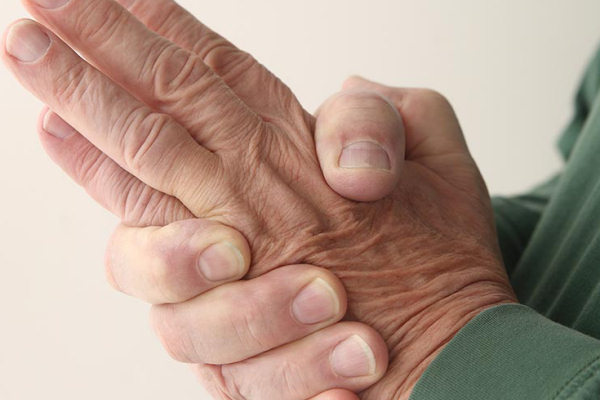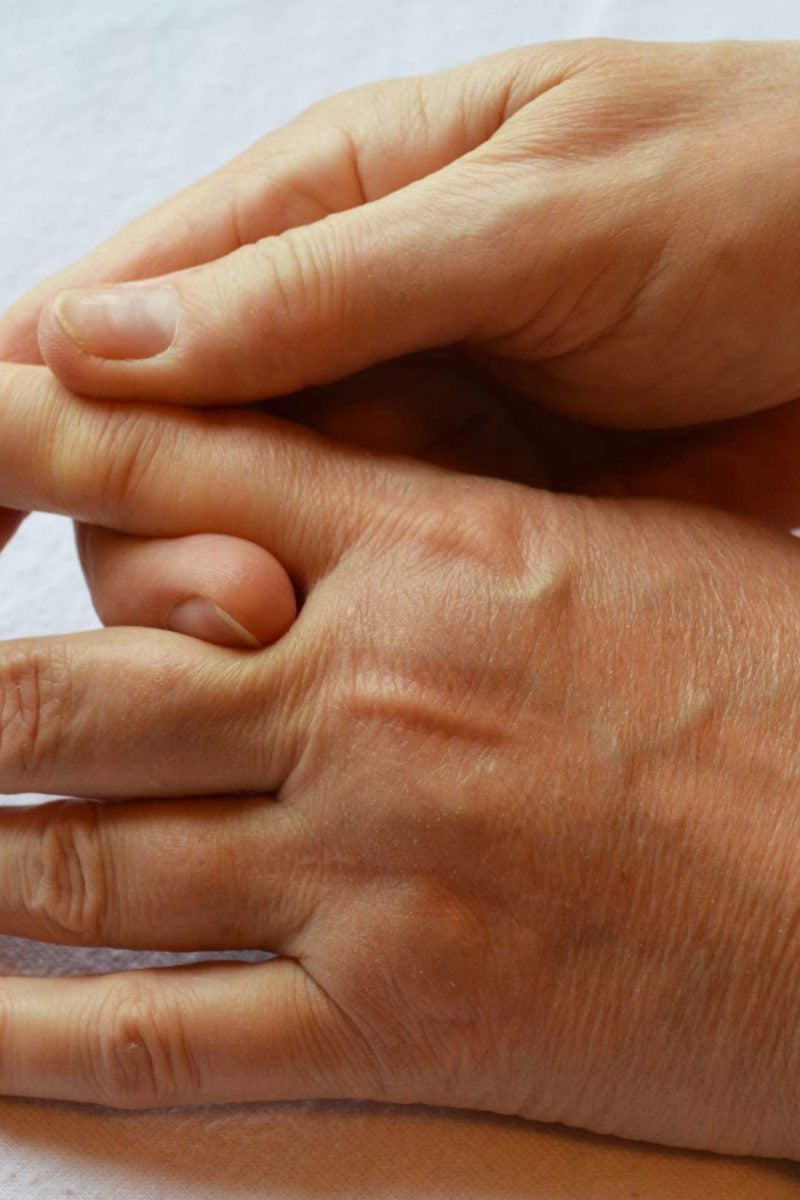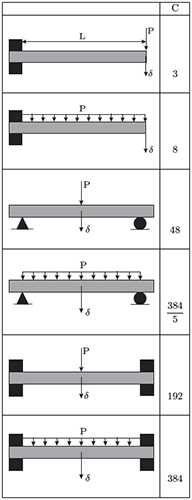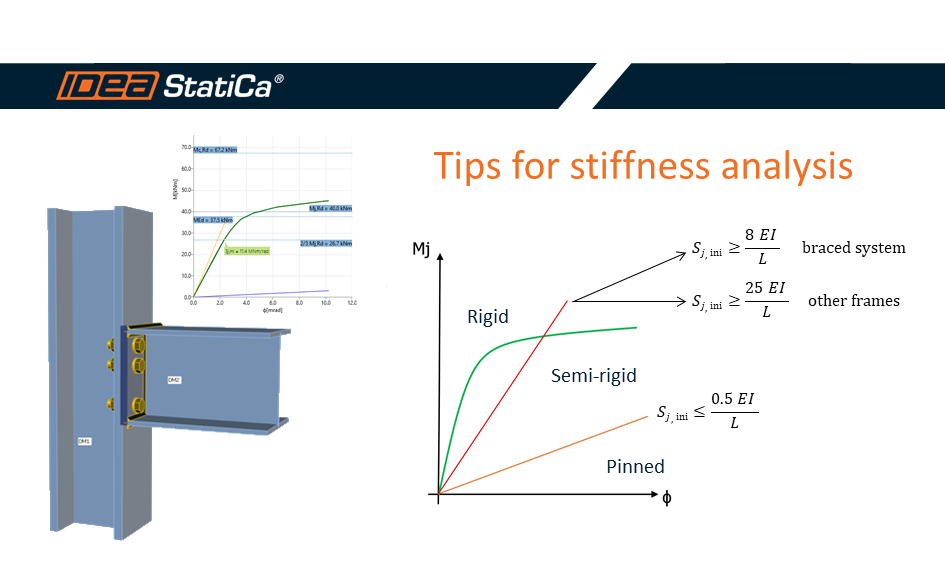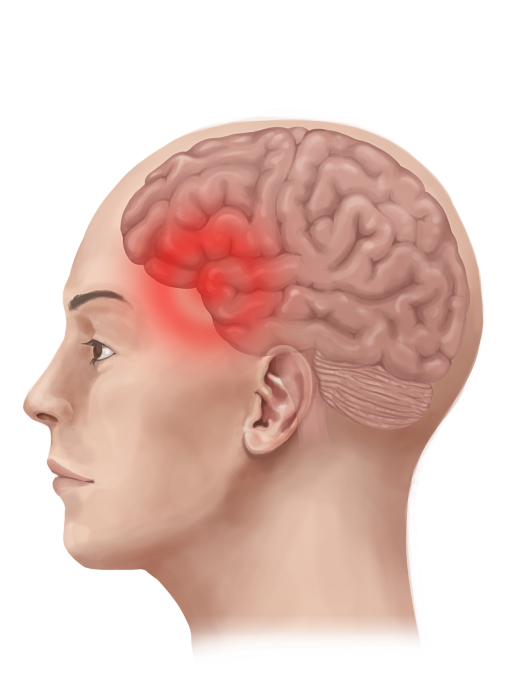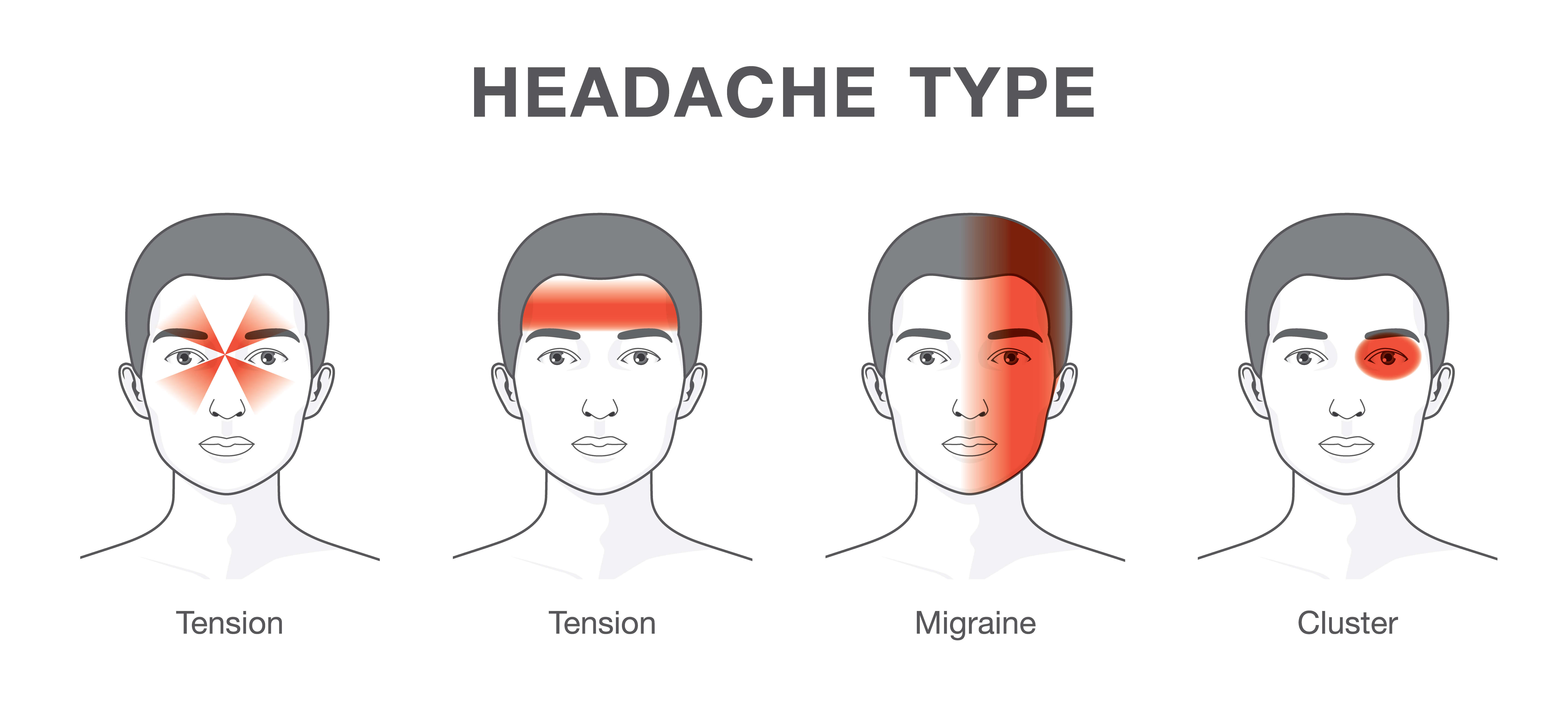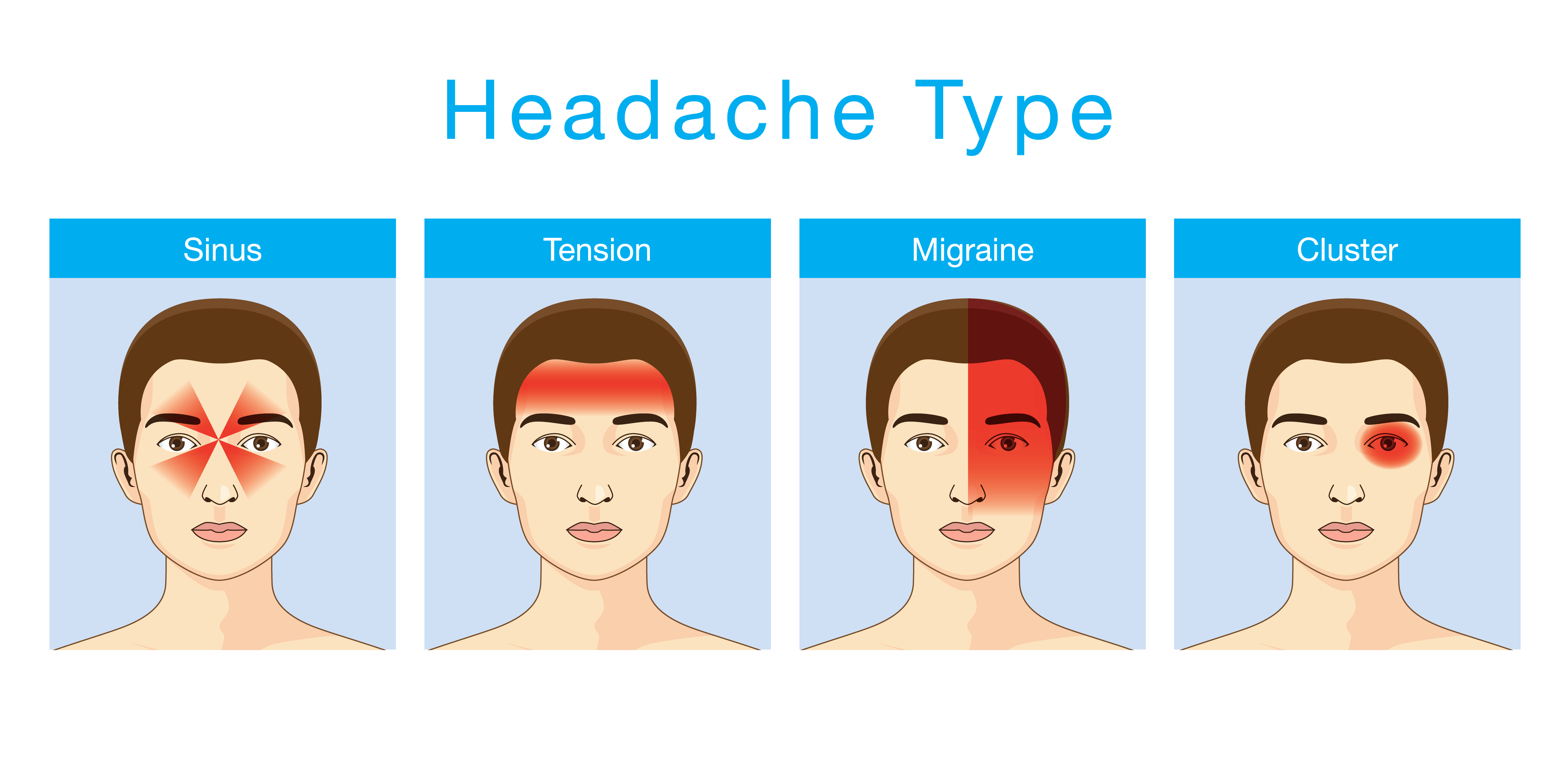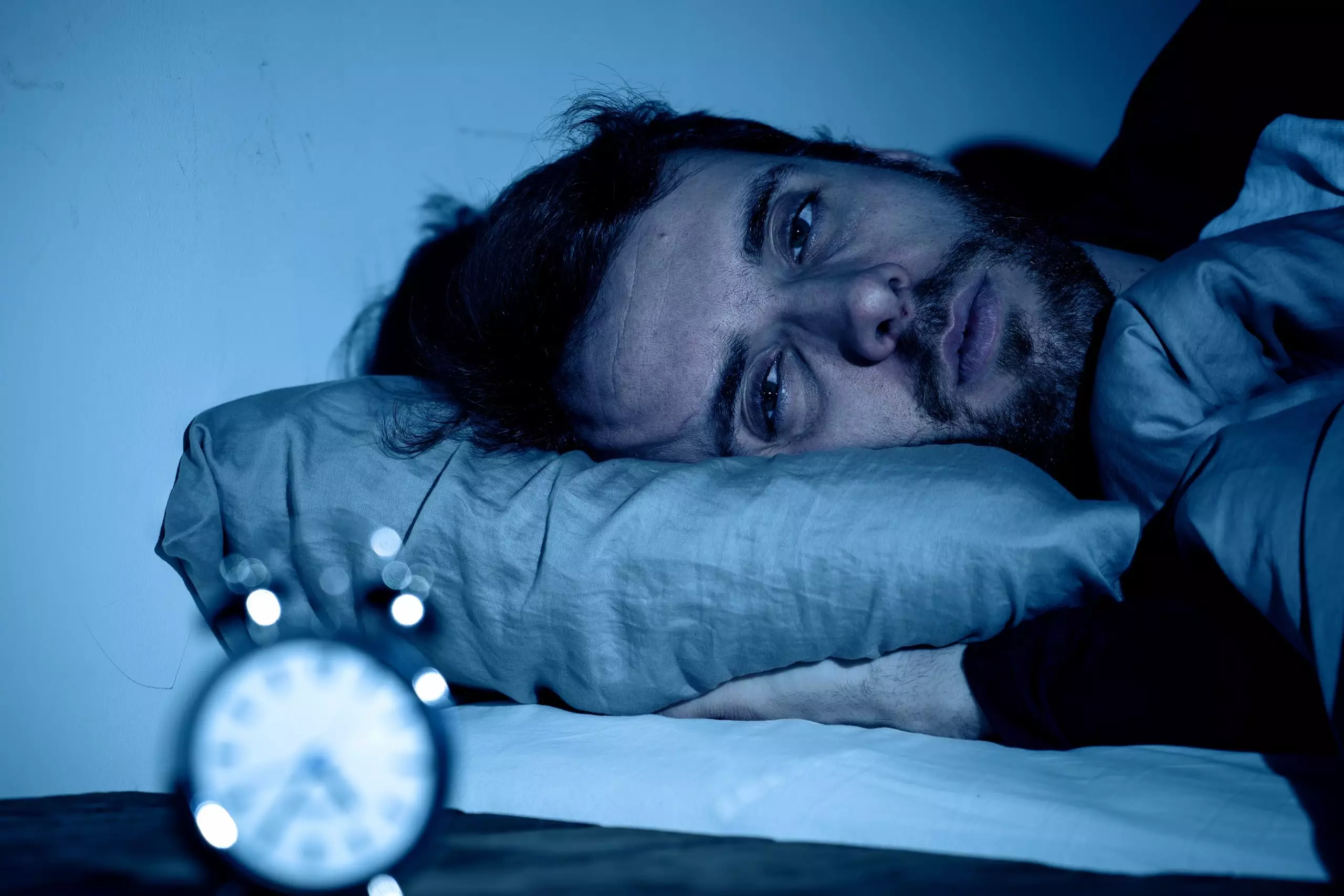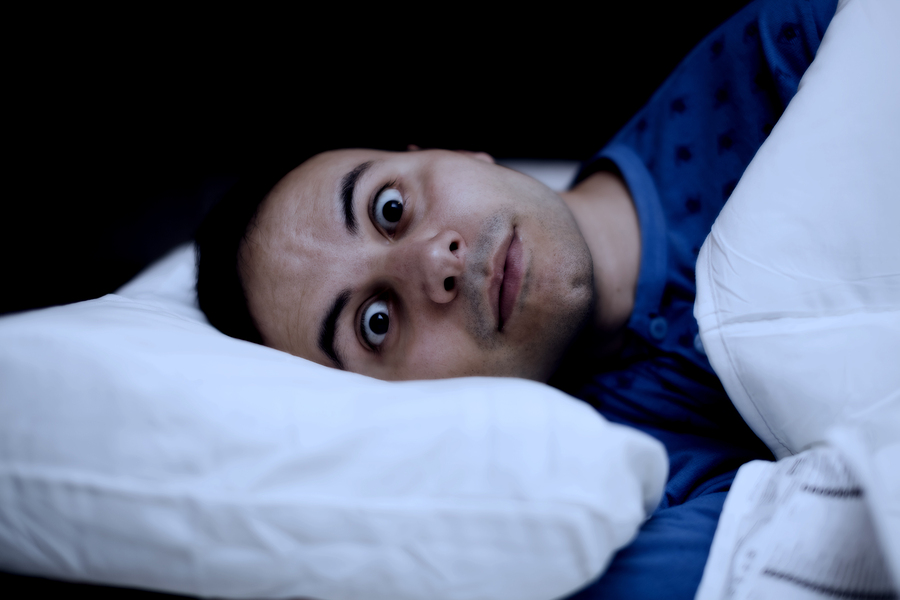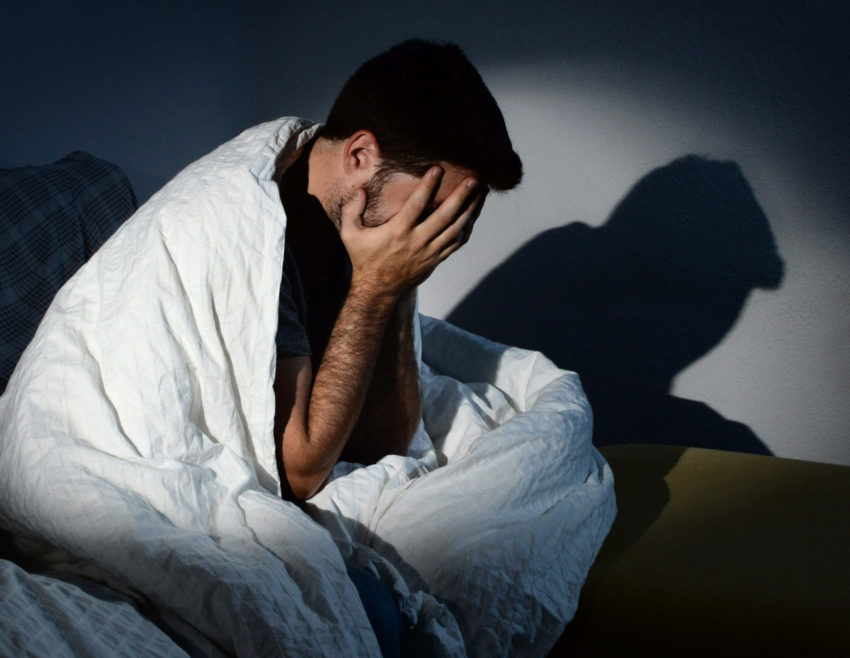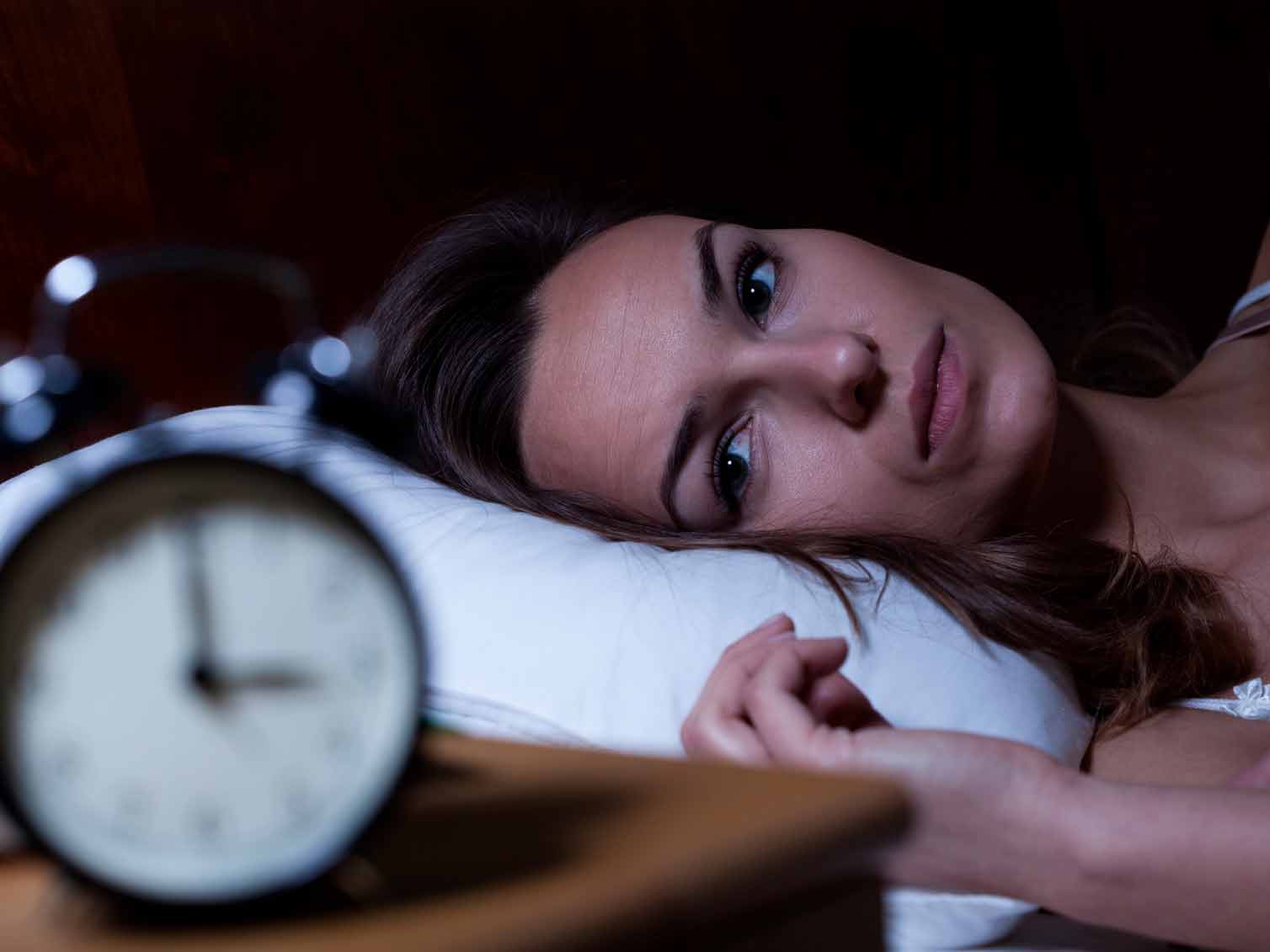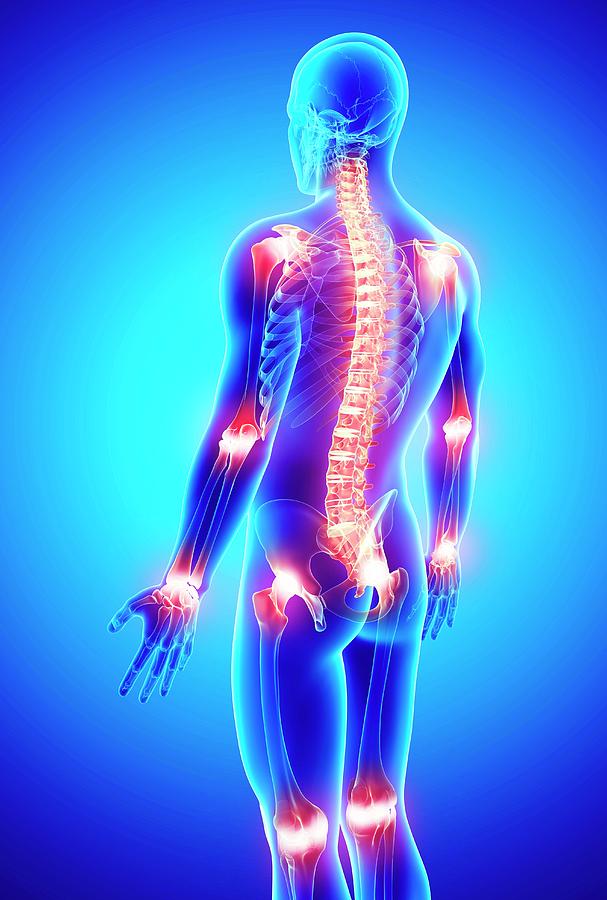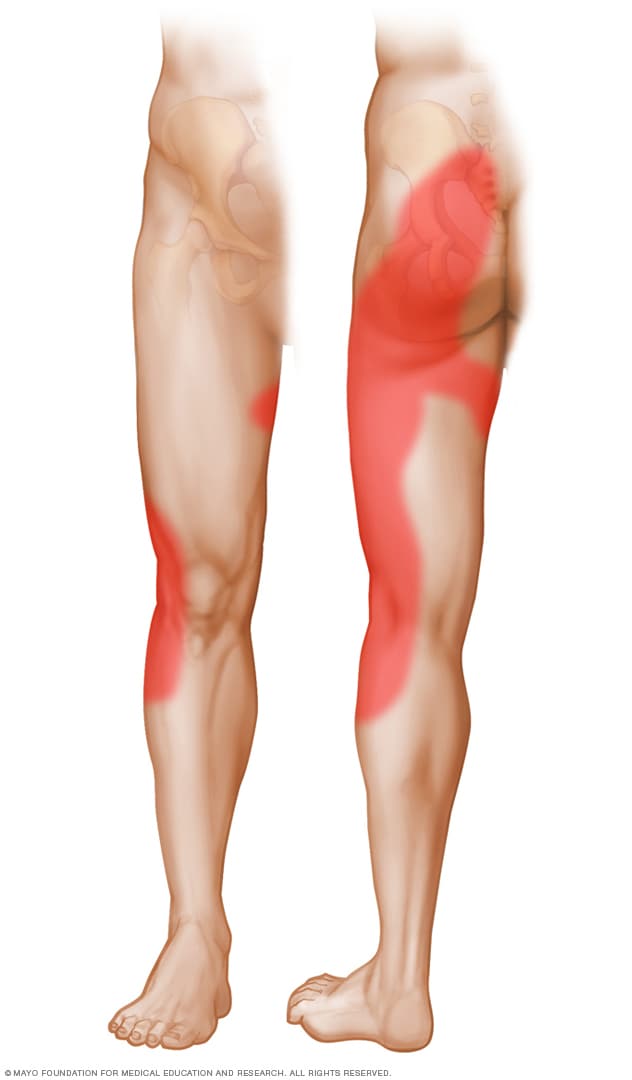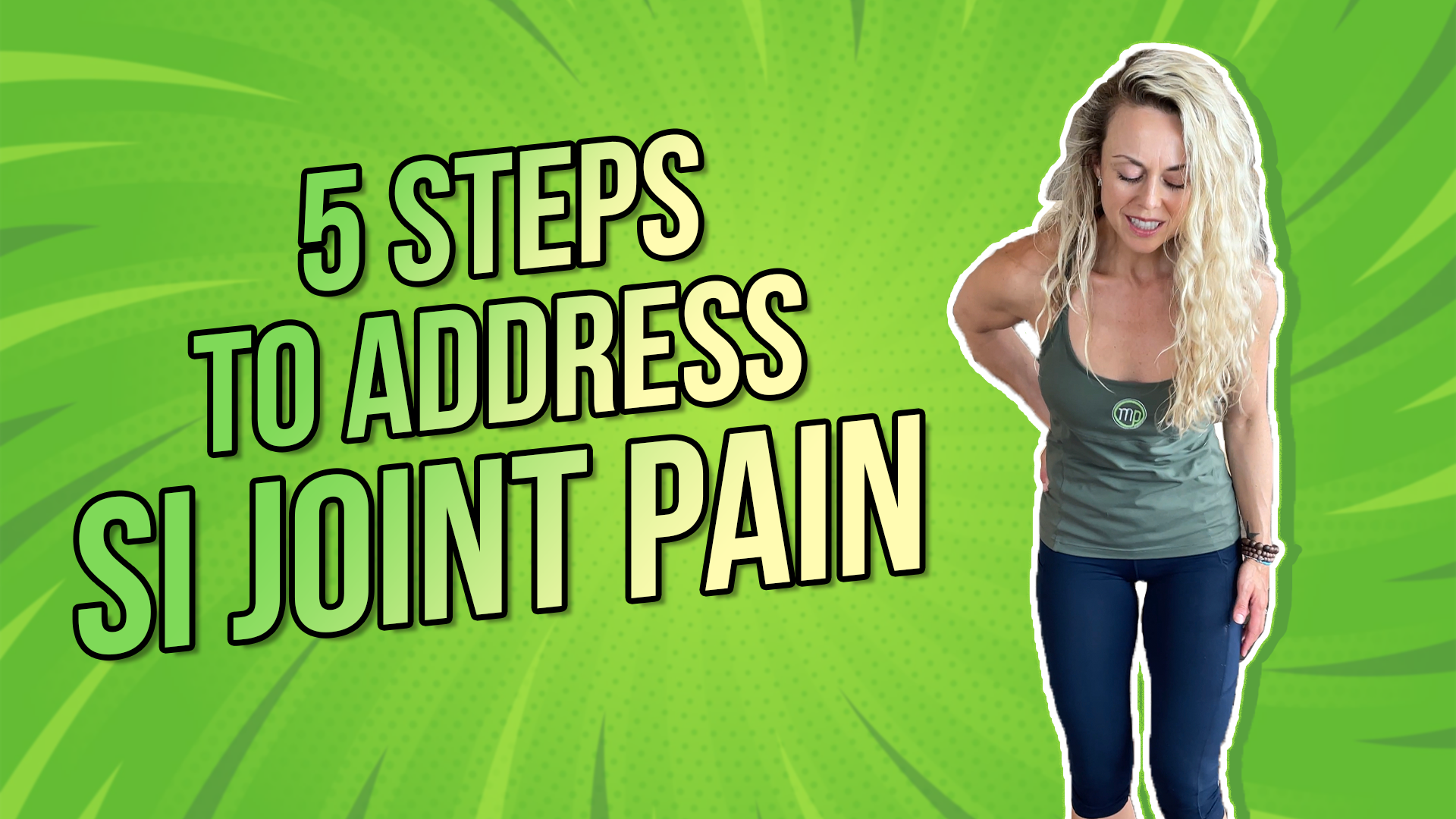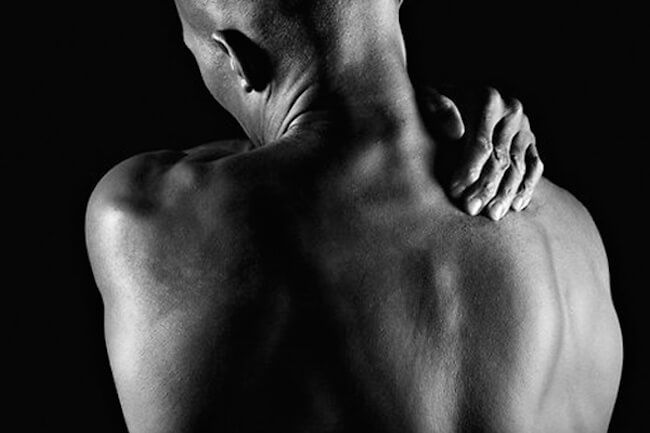Back pain
Sleeping on a hard mattress can cause back pain for many people. This is because the firm surface of the mattress does not provide enough support for the spine, causing it to be misaligned. This can lead to discomfort and pain in the lower back, making it difficult to get a good night's rest. If you wake up with a sore and achy back, it may be time to consider switching to a softer mattress.
Neck pain
Neck pain is another common symptom of sleeping on a hard mattress. The lack of cushioning and support for the neck can cause strain and tension on the muscles, leading to stiffness and pain. This can also contribute to headaches and difficulty moving the neck. A softer mattress can help alleviate this issue and provide better support for the neck and spine.
Shoulder pain
Many people find that sleeping on a hard mattress can cause shoulder pain as well. This is because the firm surface does not contour to the body, putting pressure on the shoulders and causing discomfort. This can also affect the quality of sleep, as tossing and turning to find a comfortable position can disrupt your rest. A mattress with more give and support can help prevent shoulder pain and improve sleep.
Hip pain
Hip pain is another common complaint from those who sleep on a hard mattress. The lack of cushioning and support for the hips can cause pressure points and discomfort, especially for side sleepers. This can affect the quality of sleep and make it difficult to find a comfortable position. A softer mattress can provide better support for the hips and alleviate this pain.
Numbness and tingling
Sleeping on a hard mattress can also cause numbness and tingling in certain areas of the body. This is because the firm surface can restrict blood flow and put pressure on nerves, causing a pins and needles sensation. This can be uncomfortable and disruptive to sleep. A softer mattress can help improve circulation and prevent numbness and tingling in the body.
Stiffness
Waking up feeling stiff and sore is a common complaint for those who sleep on a hard mattress. The lack of support and cushioning can cause stiffness in the muscles and joints, making it difficult to get out of bed and start your day. Switching to a softer mattress can help alleviate this stiffness and make mornings more comfortable.
Headaches
Many people who sleep on a hard mattress also report experiencing headaches upon waking up. This can be due to the lack of proper support for the neck and spine, causing tension and strain in the muscles. This can also be aggravated by poor sleep quality. A softer mattress can help alleviate this issue and provide better support for the head and neck.
Insomnia
Difficulty falling and staying asleep can also be a symptom of sleeping on a hard mattress. The discomfort and pain caused by the firm surface can make it difficult to get comfortable and relax, leading to insomnia. This can have a negative impact on overall health and well-being. Switching to a softer mattress can help improve sleep quality and alleviate insomnia.
Joint pain
Joint pain is another common symptom of sleeping on a hard mattress. The lack of cushioning and support for the joints can cause discomfort and stiffness, especially for those who suffer from conditions like arthritis. This can make it difficult to fall asleep and stay asleep. A softer mattress with better support can help alleviate joint pain and improve sleep quality.
Muscle soreness
Sleeping on a hard mattress can also contribute to muscle soreness in the body. The lack of support and cushioning can cause tension and strain in the muscles, leading to soreness and discomfort. This can make it difficult to get a good night's rest and affect daily activities. A softer mattress can help provide better support for the muscles and alleviate soreness.
The Negative Impact of Sleeping on a Hard Mattress

What are the Symptoms?
 While a good night's sleep is essential for maintaining physical and mental health, the type of mattress you sleep on can greatly affect the quality of your sleep. While many people may prefer a firm mattress for its support and durability, sleeping on a hard mattress can have negative impacts on your body. Here are some symptoms that you may experience if you regularly sleep on a hard mattress:
1. Back and Neck Pain
One of the most common symptoms of sleeping on a hard mattress is waking up with back and neck pain. The firm surface of a hard mattress does not contour to the natural curves of your body, causing pressure points to develop in your spine and neck. This can lead to muscle tension and stiffness, making it difficult to move comfortably throughout the day.
2. Poor Circulation
Sleeping on a hard mattress can also hinder blood circulation in your body. The pressure from the mattress can restrict blood flow to certain areas, resulting in numbness, tingling, and even swelling. Over time, this lack of proper circulation can lead to more serious health issues, such as deep vein thrombosis.
3. Joint Pain
For those who suffer from joint pain, sleeping on a hard mattress can make the problem worse. The lack of cushioning and support can put extra pressure on your joints, causing them to ache and become inflamed. This can be especially problematic for individuals with conditions such as arthritis or fibromyalgia.
4. Disrupted Sleep
A hard mattress can also disrupt your sleep, making it difficult to fall asleep and stay asleep throughout the night. Without proper support and comfort, you may find yourself tossing and turning, trying to find a comfortable position. This can lead to poor sleep quality, leaving you feeling tired and irritable the next day.
5. Poor Posture
Sleeping on a hard mattress can also negatively impact your posture. As your body tries to adjust to the uncomfortable surface, you may end up sleeping in unnatural positions that can strain your muscles and joints. Over time, this can lead to poor posture and chronic pain.
In conclusion, while a hard mattress may seem like a good idea for its support and durability, it can have negative effects on your body. If you are experiencing any of these symptoms, it may be time to consider switching to a softer, more supportive mattress. Your body will thank you for it.
While a good night's sleep is essential for maintaining physical and mental health, the type of mattress you sleep on can greatly affect the quality of your sleep. While many people may prefer a firm mattress for its support and durability, sleeping on a hard mattress can have negative impacts on your body. Here are some symptoms that you may experience if you regularly sleep on a hard mattress:
1. Back and Neck Pain
One of the most common symptoms of sleeping on a hard mattress is waking up with back and neck pain. The firm surface of a hard mattress does not contour to the natural curves of your body, causing pressure points to develop in your spine and neck. This can lead to muscle tension and stiffness, making it difficult to move comfortably throughout the day.
2. Poor Circulation
Sleeping on a hard mattress can also hinder blood circulation in your body. The pressure from the mattress can restrict blood flow to certain areas, resulting in numbness, tingling, and even swelling. Over time, this lack of proper circulation can lead to more serious health issues, such as deep vein thrombosis.
3. Joint Pain
For those who suffer from joint pain, sleeping on a hard mattress can make the problem worse. The lack of cushioning and support can put extra pressure on your joints, causing them to ache and become inflamed. This can be especially problematic for individuals with conditions such as arthritis or fibromyalgia.
4. Disrupted Sleep
A hard mattress can also disrupt your sleep, making it difficult to fall asleep and stay asleep throughout the night. Without proper support and comfort, you may find yourself tossing and turning, trying to find a comfortable position. This can lead to poor sleep quality, leaving you feeling tired and irritable the next day.
5. Poor Posture
Sleeping on a hard mattress can also negatively impact your posture. As your body tries to adjust to the uncomfortable surface, you may end up sleeping in unnatural positions that can strain your muscles and joints. Over time, this can lead to poor posture and chronic pain.
In conclusion, while a hard mattress may seem like a good idea for its support and durability, it can have negative effects on your body. If you are experiencing any of these symptoms, it may be time to consider switching to a softer, more supportive mattress. Your body will thank you for it.

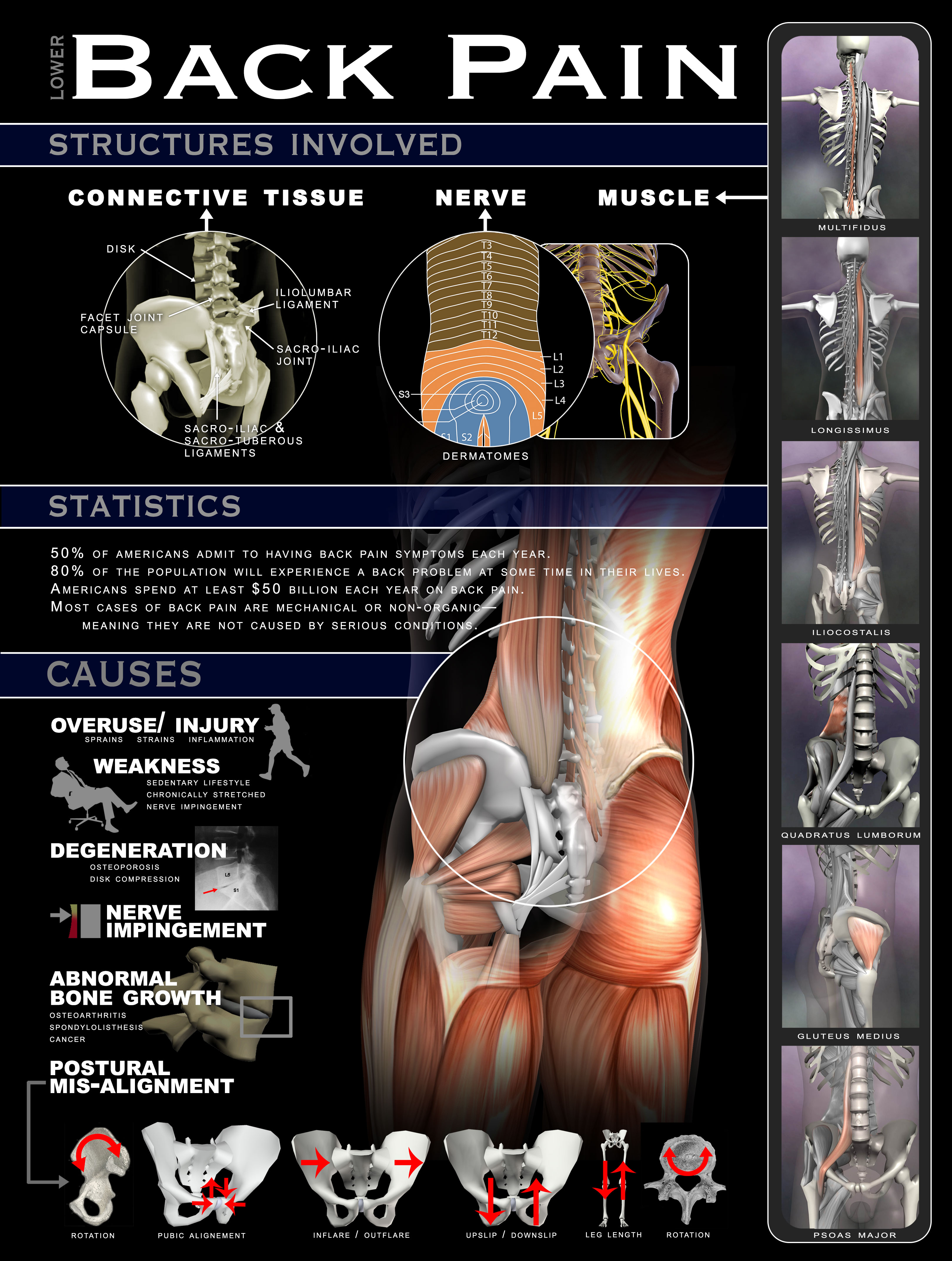




:max_bytes(150000):strip_icc()/backpainfinal-01-5c3ba0bf46e0fb0001b5b300.png)

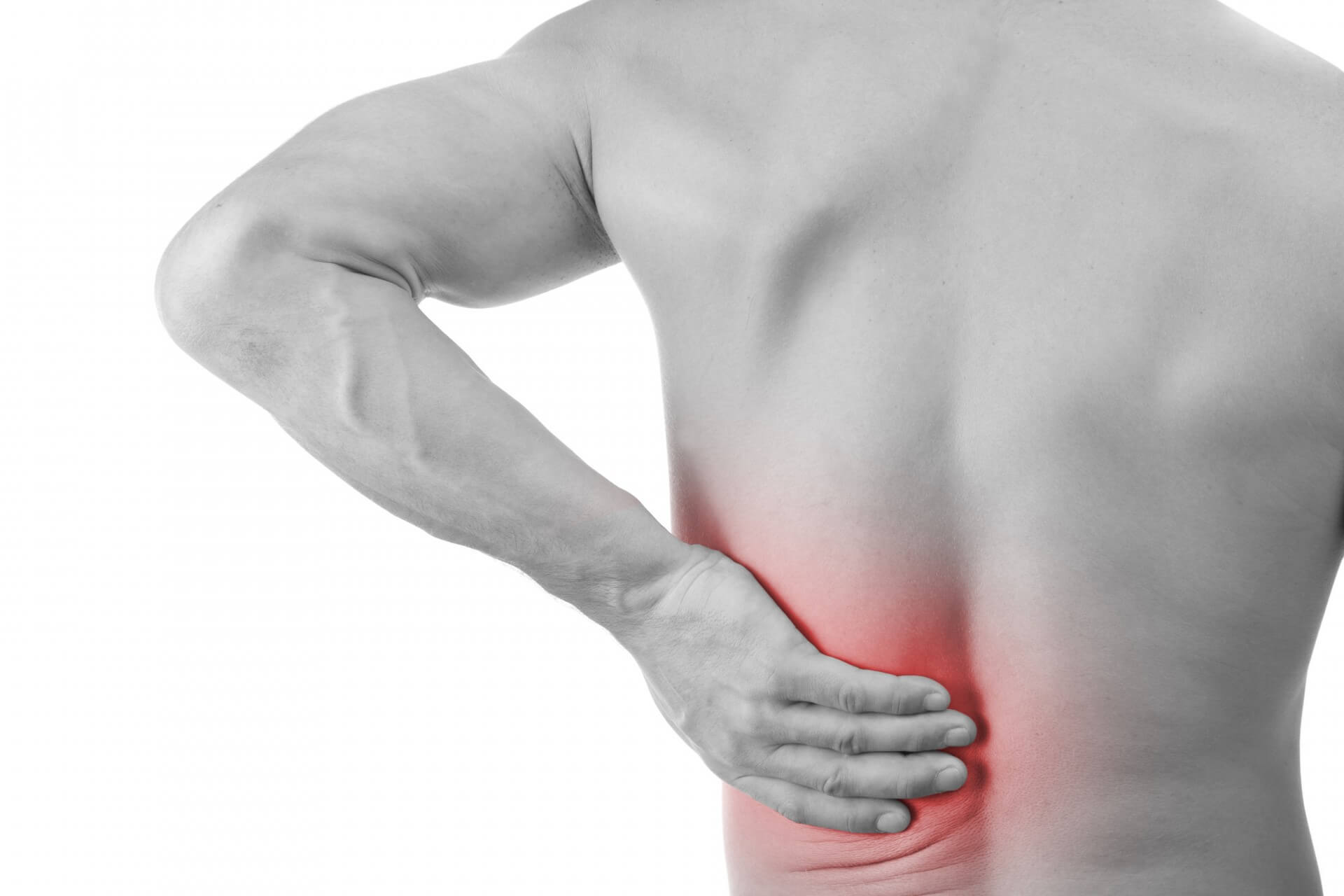

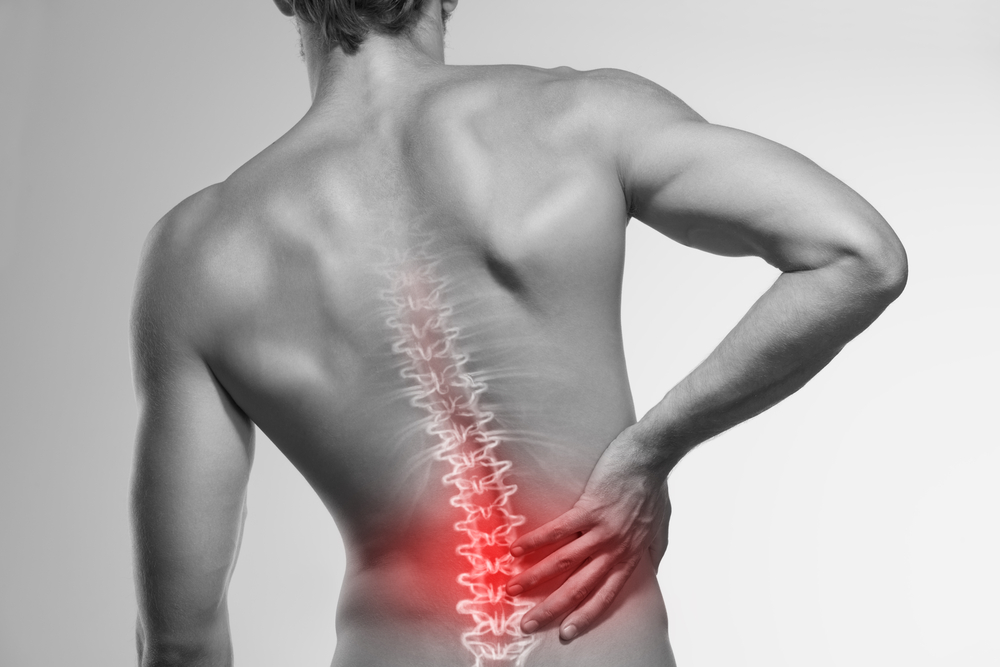


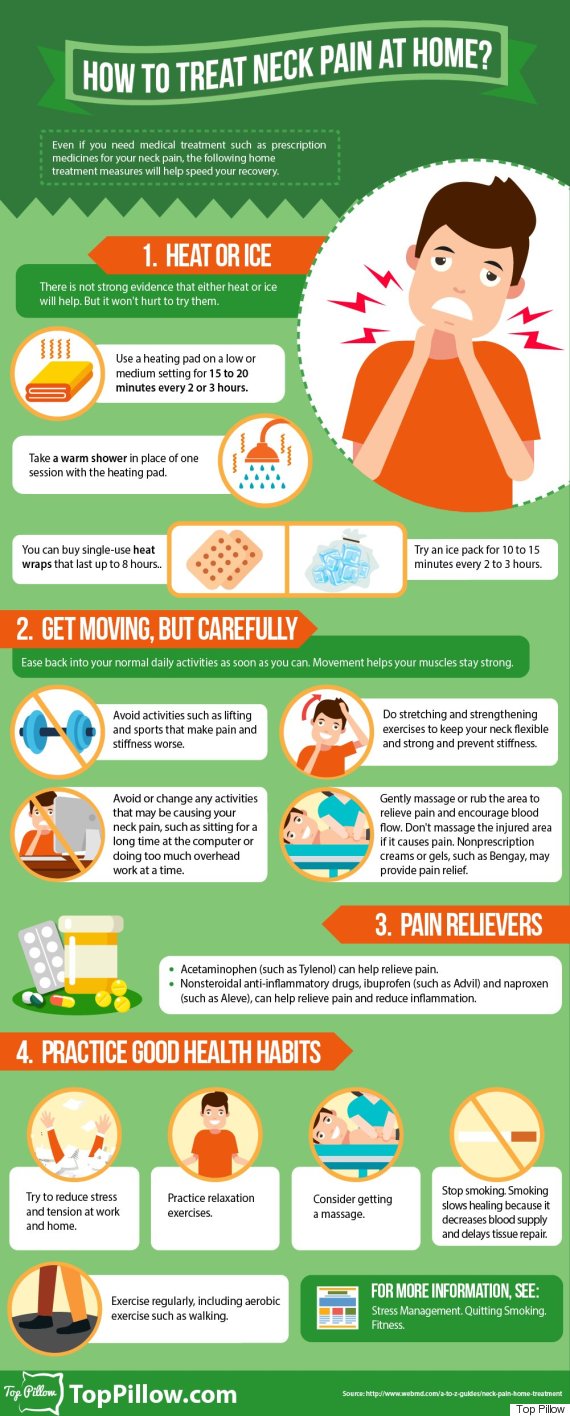


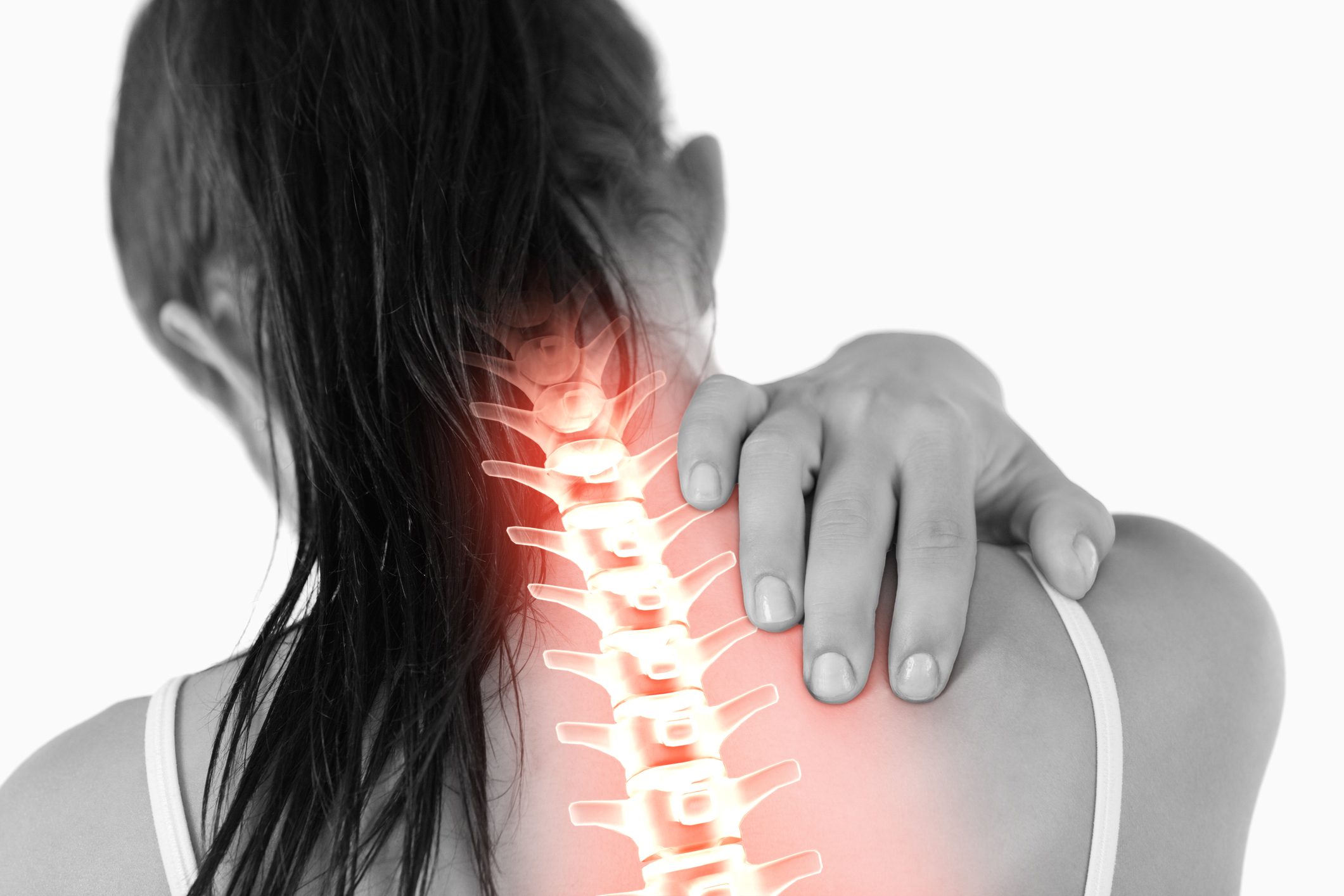






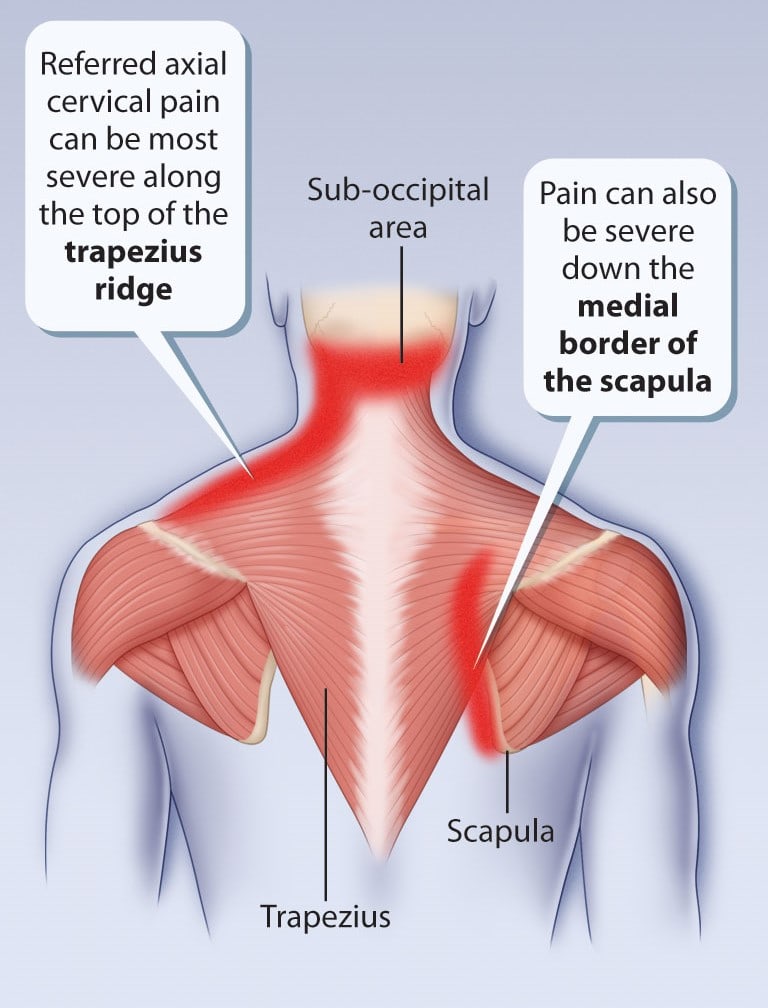

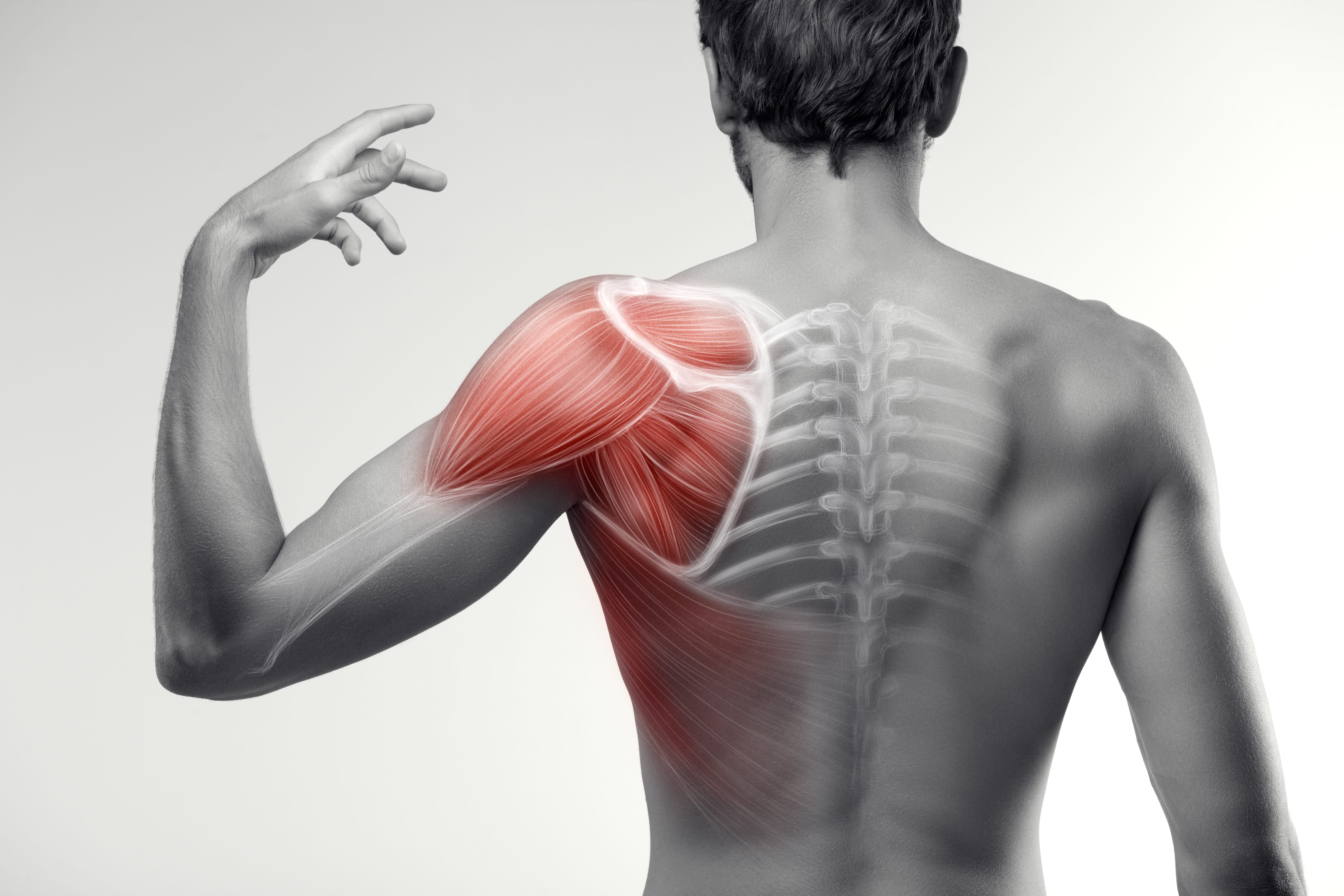



:max_bytes(150000):strip_icc()/shoulder_pain_medreview-01-5c3b9f8546e0fb0001bdeaaa.png)



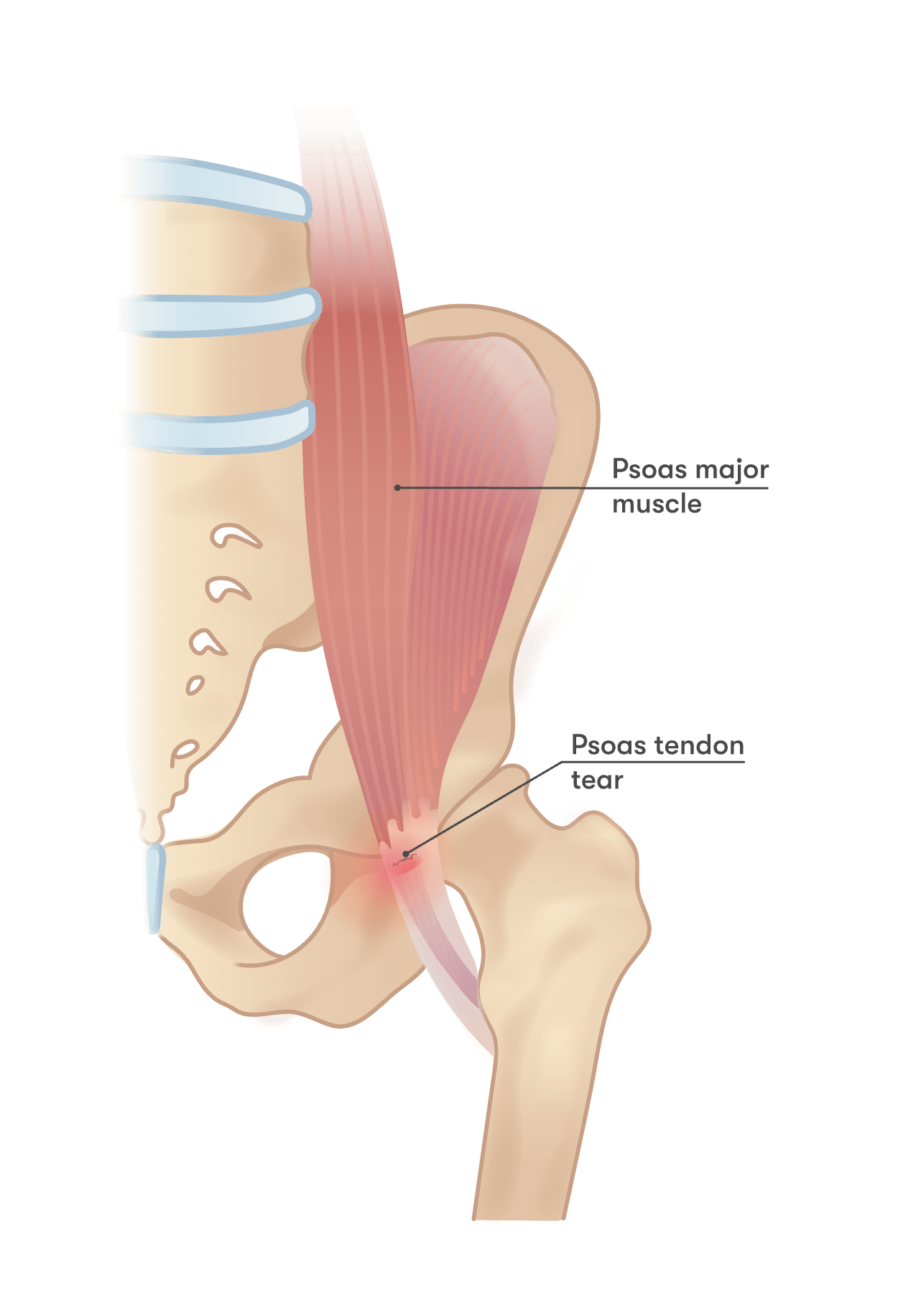
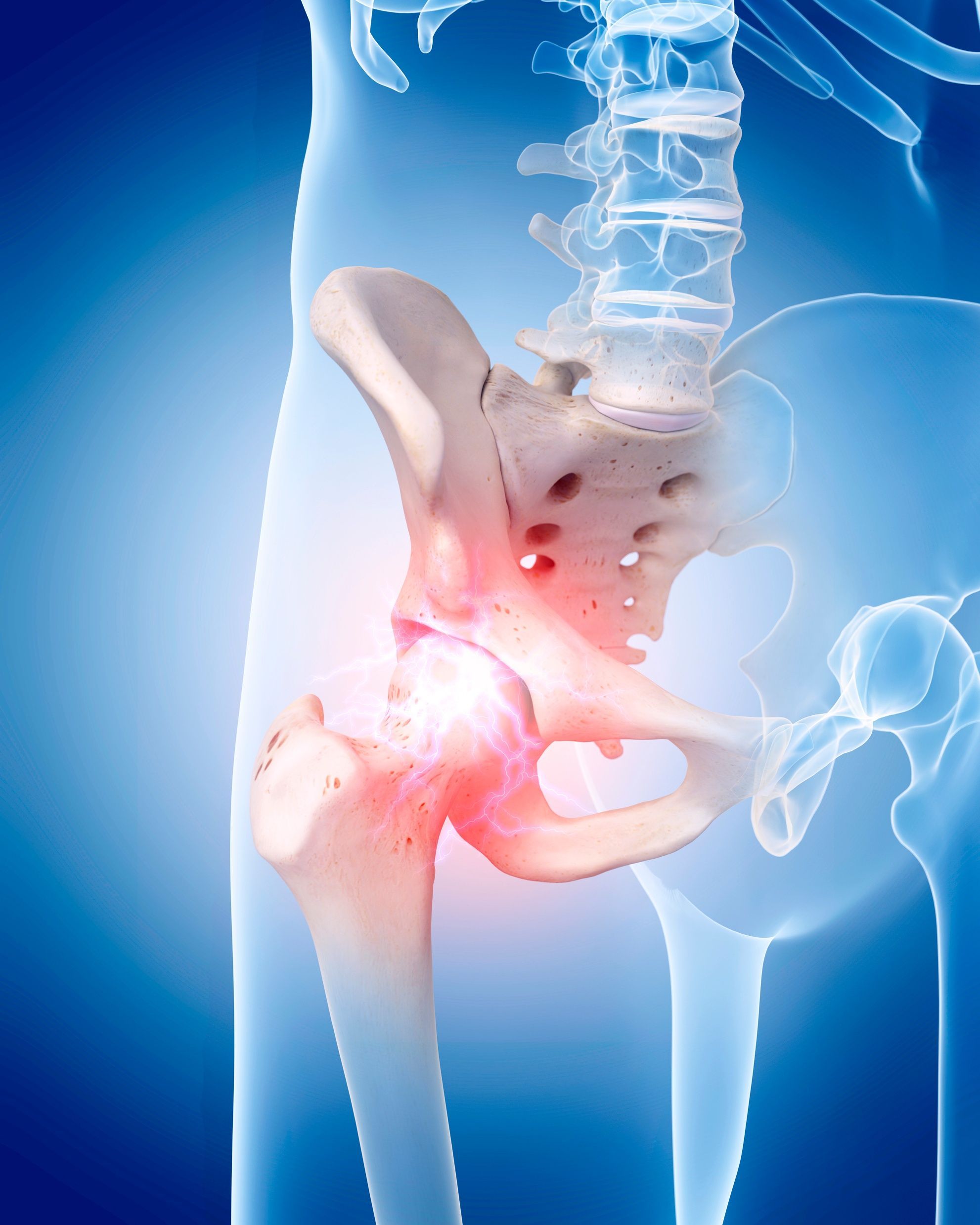
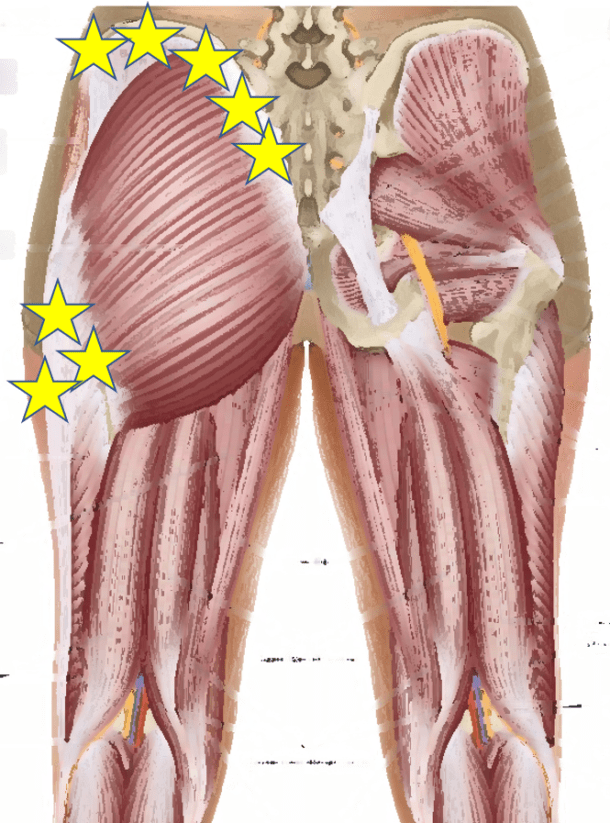


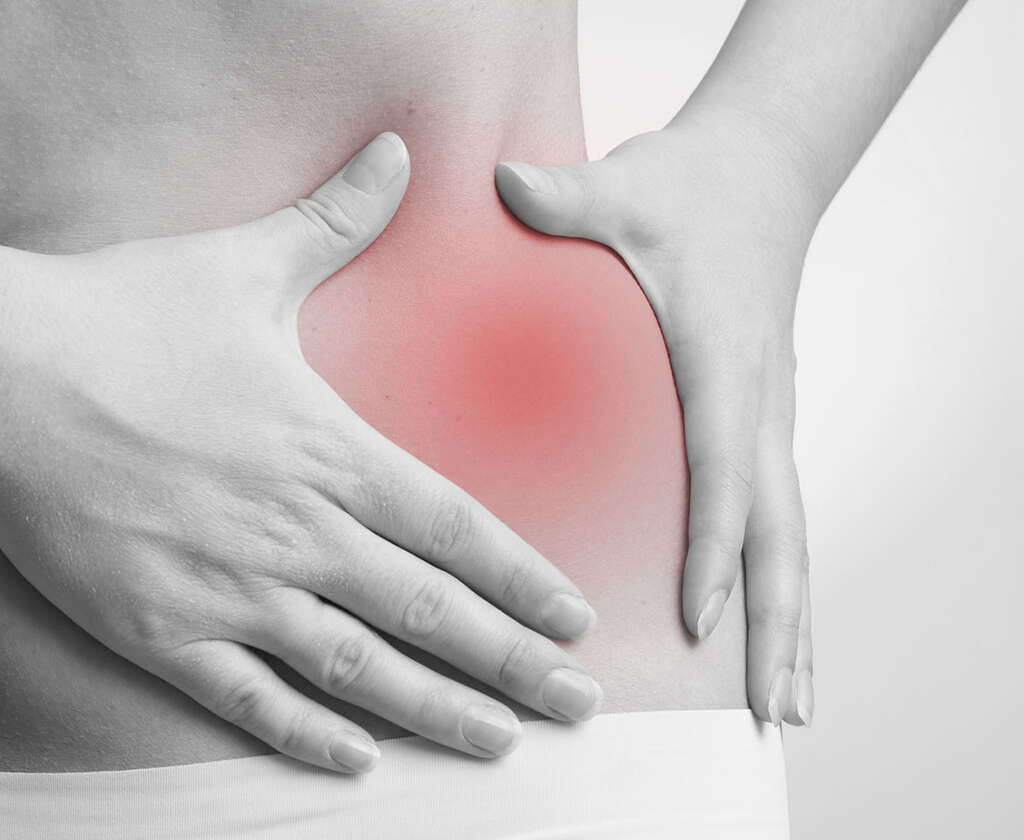




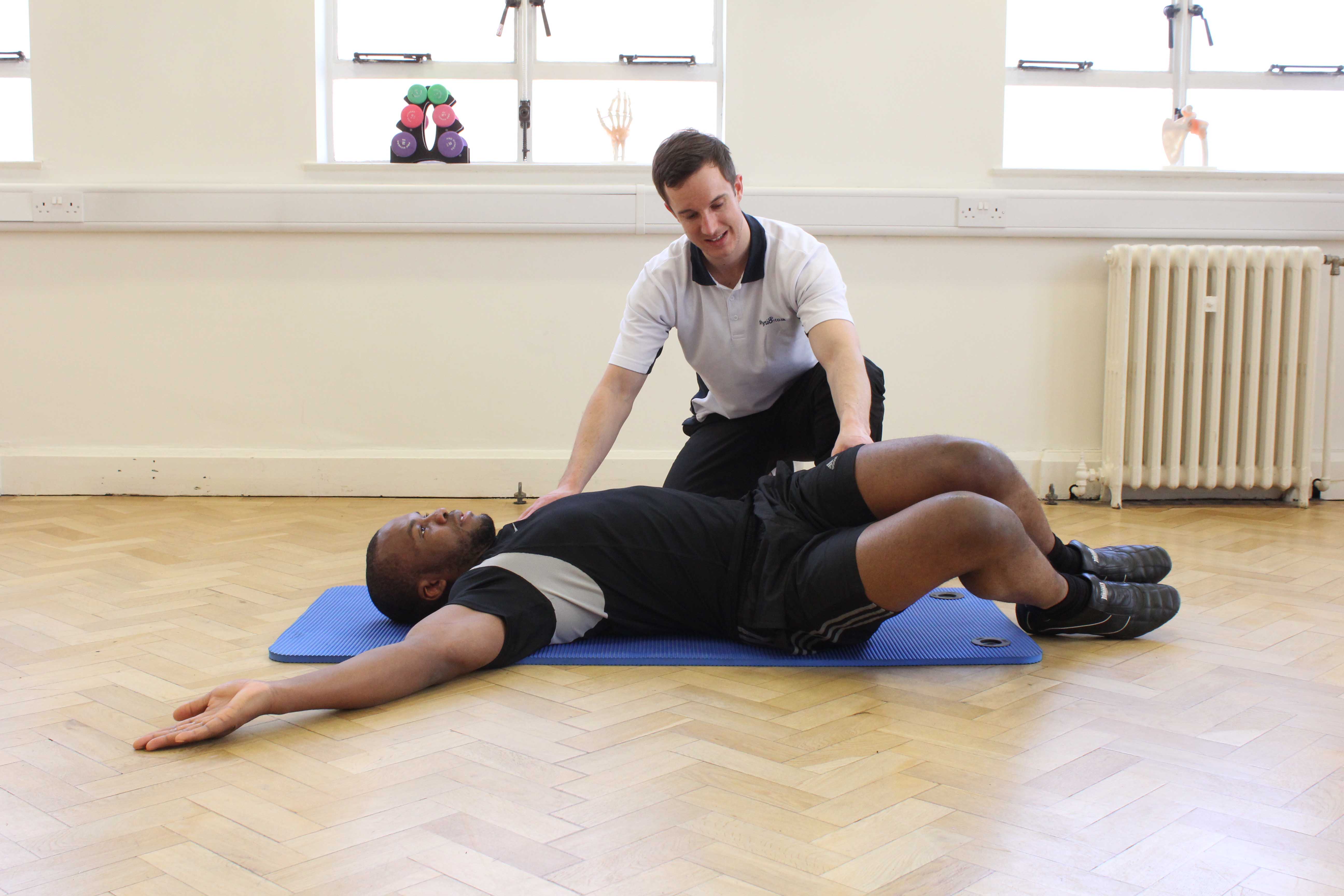








:max_bytes(150000):strip_icc()/tingling-numbness-2549269_V2-69a8afe7b9a24e42a04e8325ebbcf537.gif)

